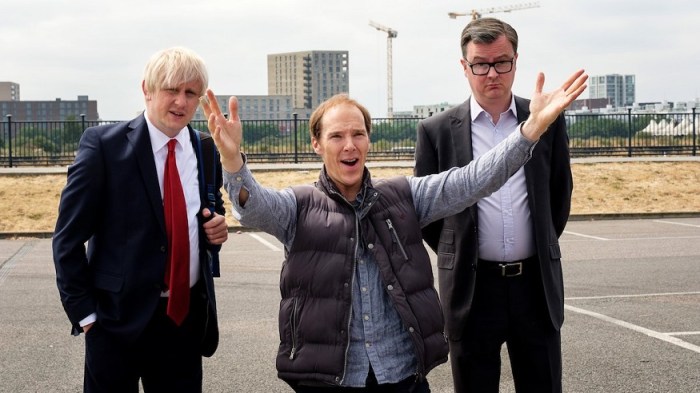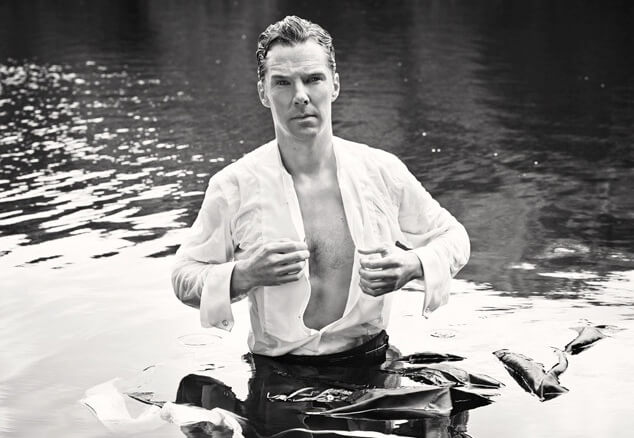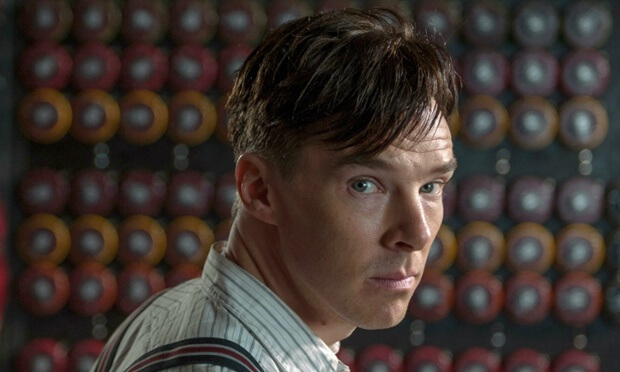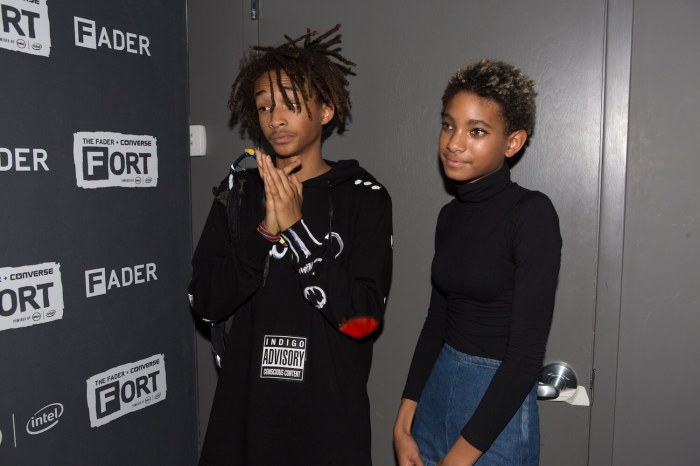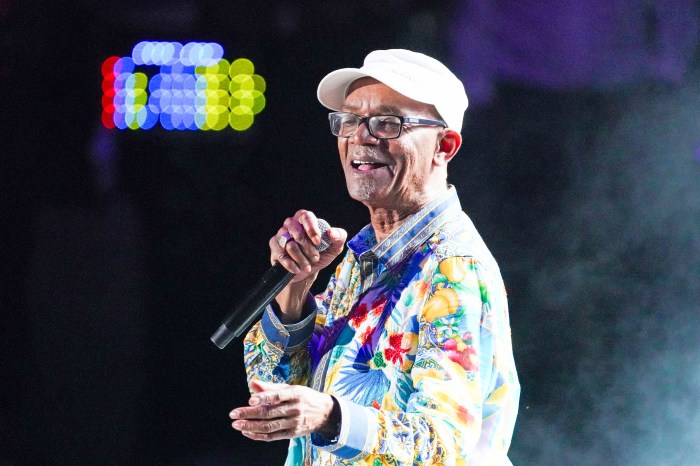For “Secret in Their Eyes,” Chiwetel Ejiofor teams up with Nicole Kidman and Julia Roberts — and takes on a unique acting challenge: playing the same character during two distinct periods of his life 13 years apart. And while a little gray in the temples helps, Ejiofor found some unique ways to distinguish the two versions of himself. What was it about this character that really interested you? RELATED:Chiwetel Ejiofor and Craig Zobel on the brittle humanity of ‘Z for Zachariah’ That gap between the two periods is interesting. Did you do any work for yourself as far as what his life was like in between? If you’re imagining an actual ringing in your ears, does that drive you crazy by the end of the shoot? Did you watch the original Argentinean film? RELATED:Video: Film stars name the first film that made them cry Can you pinpoint a cultural difference between an American and Argentinean version of a story? This seems like the kind of adult drama people lament that don’t get made anymore. RELATED:Nicole Kidman loves being bad
On a purely cosmetic note, how do you differentiate your character 13 years apart? Follow Ned Ehrbar on Twitter:@nedrick
I liked the idea of dealing with this character in two different time periods, thereby being able to reflect and engage with the obsessional qualities that he has. I’m sure it’s a part of his character anyway, but these circumstances that he’s in kind of highlight his propensity to become obsessed. It becomes a very interesting story about this guy’s psychology, the demons at play within him. I was really excited about exploring all of those things.
Yeah, I mean, building a sort of background for him and what his life was — his romantic life and his professional life — and just sort of filling in the gaps of that was really helpful. But the main event for him is that there’s like a sound that he can’t get rid of. I thought of it as almost literal, almost kind of something a ringing sound that he could never escape. He has the knowledge that the only way he’ll ever get past or get through it is by finding the guy who did the thing. So the main thing for him in that time is that he cannot break free of this obsession, this need.
(laughs) Yeah, I mean if it were to really manifest. But you know, yeah, it’s obviously metaphorical but there’s definitely a sense of that with him. And that’s why I think when he starts to confront the guy, it just takes on its own quality.
No, I didn’t. I didn’t see it beforehand. I’ve seen it since. I felt like it was going to be interesting to me to be able to take a look at it afterward. What I always suspected was that the films would be very different because an American version of an Argentinean film, I think, just sort of culturally comes from a different place and would therefore go down a totally different avenue. And I think that’s true of the film, that they become kind of cousins in a way. They’re not directly related. They follow some of the same narrative principles, but the characters exist in totally different universes.
In a sense, in the Argentinean version, there’s something quite delicate and tender in the center of it that is slightly different from the Americanized version of the film, which is quite muscular, you know? And has a slightly different feel to it. It’s quite different. I think both things work, but I don’t think they could be overlapped. I don’t think you could make an American version of the film that could sustain that kind of tenderness.
That was one of the good things about doing this — it seemed like the kind of film that you don’t really see that much of anymore, and I miss these kinds of movies. (laughs) I was really happy to be engaged in something like this, that had that kind of psychological edge to it and the dramatic edge to it and was a properly engaging thriller. Hopefully it’s something that can recur. These movies used to be made for quite a lot of money, and I don’t think that will happen again, but I feel like they can still get out there and find an audience.
Hopefully that does come through. (laughs) It certainly was attempted. But it’s not a time period where there’s a massive difference. If I think of myself 13 years ago, I think I would look a little different but — I hope — not significantly. You’re sort of relying on the nature of how he has been thinking and whether that is physically manifested — the nature of this obsession and how it has burdened him and weighed down on him is what has made him older. He’s kind of grown up with that. I mean, I can see it. I don’t know if anybody else can. (laughs)

